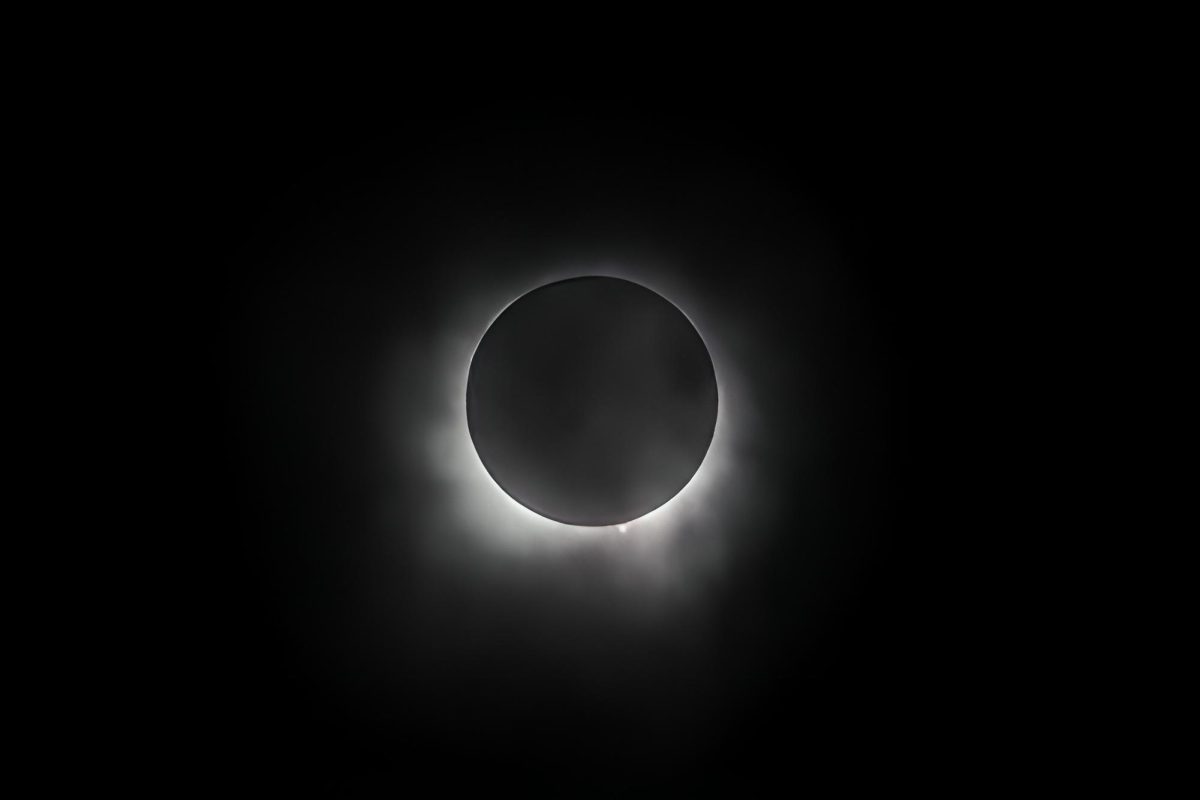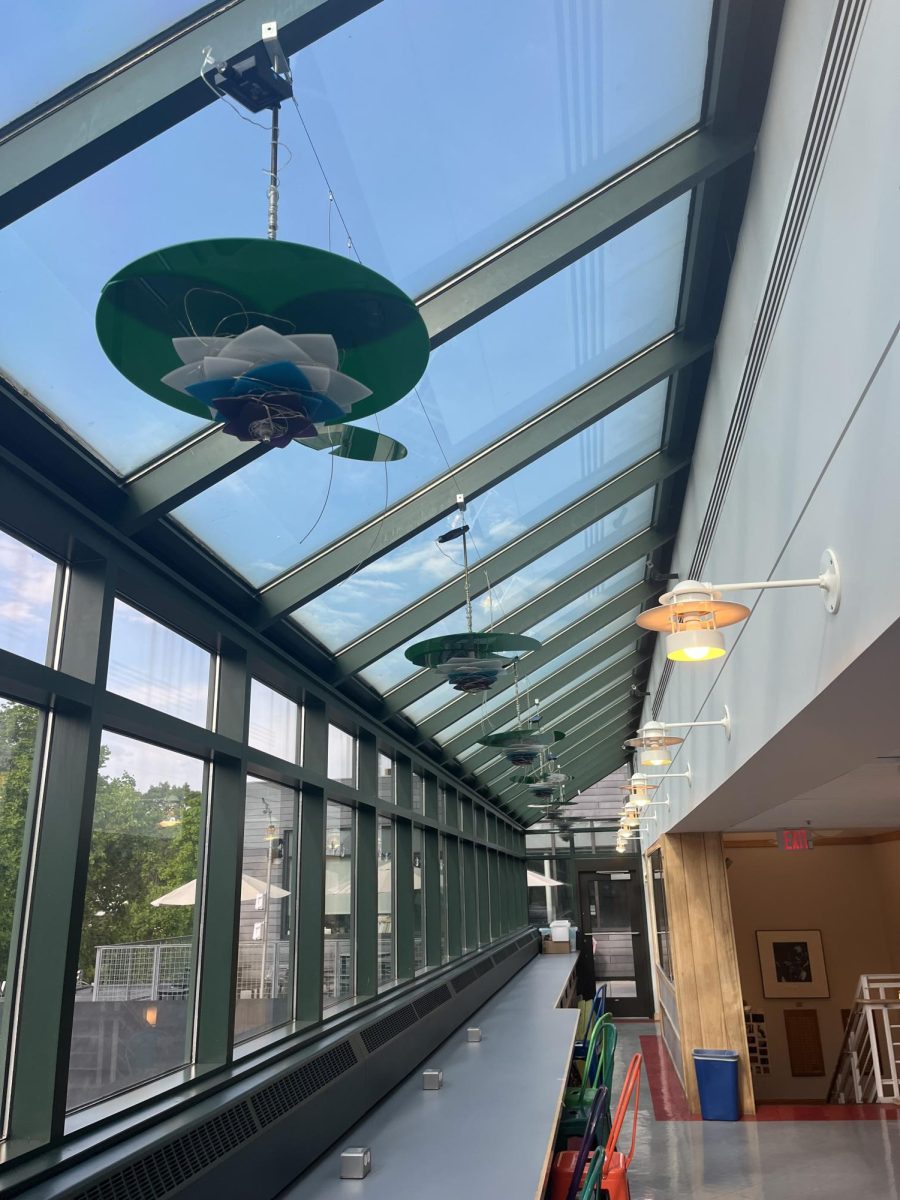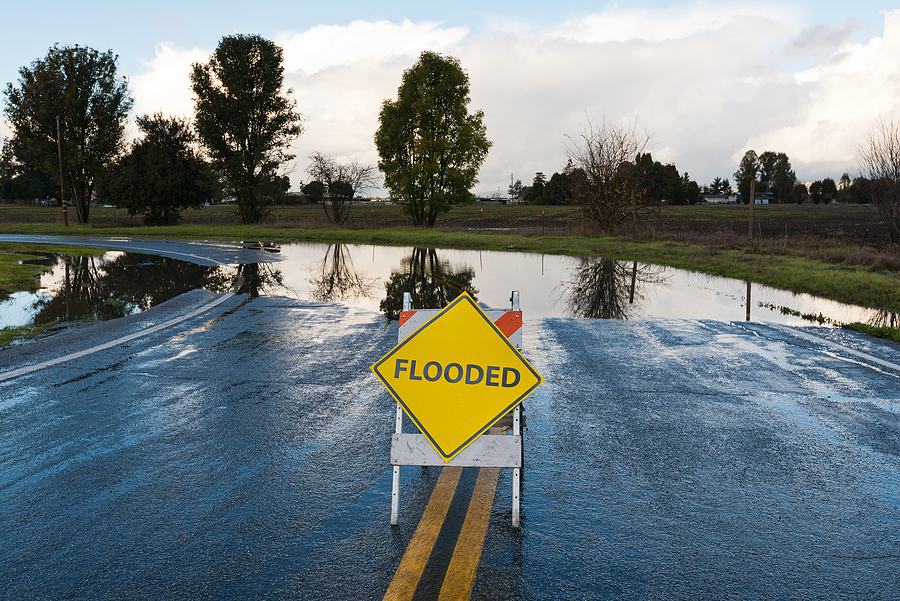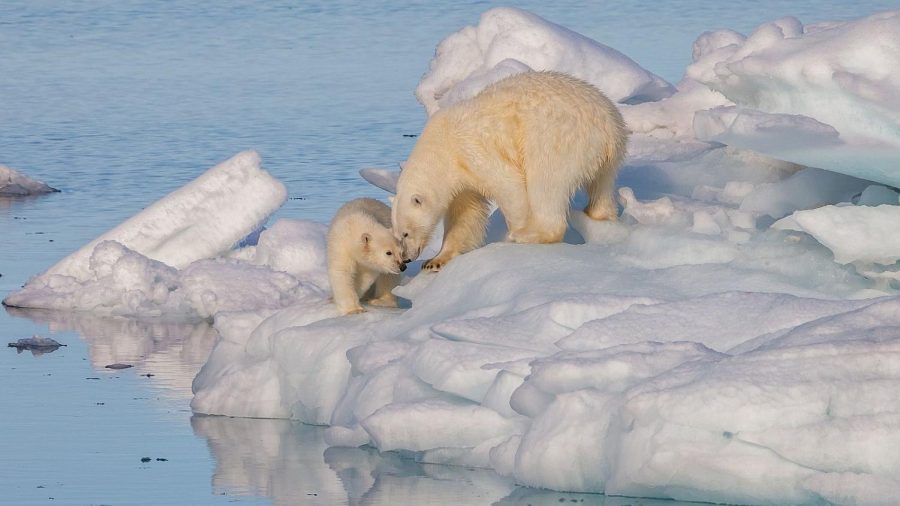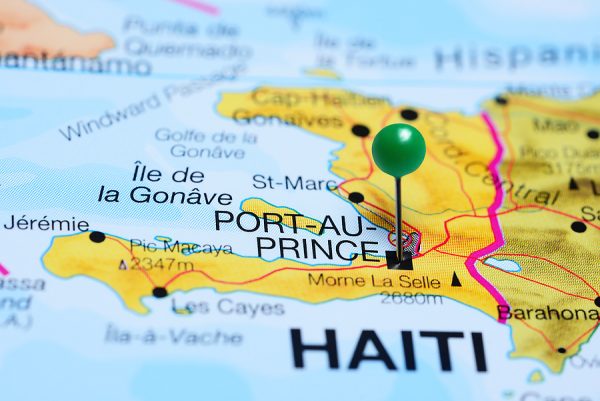Op-Ed: Acknowledging International Polar Bear Day
Today is International Polar Bear Day, a holiday founded by Polar Bears International, a leader in polar bear den research.
The celebration is held on February 27 annually, typically when polar bears emerge from their dens.
In the late fall, a pregnant polar bear digs a den in the snow, where she remains to give birth and care for her cubs over several months.
Polar bear cubs have light fur. They are also blind and only weigh about one pound, which means they depend completely on their mothers for food, warmth, and protection.
The main cause of death for cubs is lack of food from nursing mothers. The destruction of their habitat will affect their ability to find food, making the prevalent starvation of polar bears even worse.
Only about half of all cubs reach adulthood. The focus of this festival is to raise funds to help protect moms and cubs, giving them the best possible chance of survival.
According to Polar Bears International, current den-detection surveys have a high failure rate. These surveys are runned by the oil and gas industry to locate and protect polar bear dens, but the surveys have been missing over half of known dens.
The Polar Bear International team is now researching a new den-detection technology. It can greatly improve the accuracy of identifying denning areas to ensure the safety of moms and cubs.
“To be out there in conditions that are so harsh to us humans but are a cradle for a future generation of polar bears,” Johanna Sulich, the institution’s consulting scientist said. “To witness that is a humbling experience. I feel privileged to be involved with a project that is helping us find conservation solutions.”
The U.S. listed polar bears as threatened in 2008. Scientists estimate that by 2040, only a fringe of ice will remain. This could lead to the distinction of polar bears, who depend on ice to live.
Polar bears are at the top of the marine food chain, making them an important part of biodiversity. The survival and the protection of the polar bear habitat are urgent issues, and you can help by donating to Polar Bears International’s research or adopt a polar bear.





























